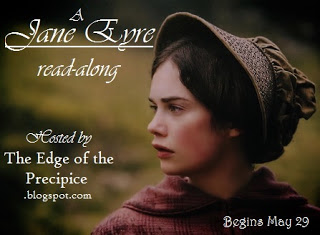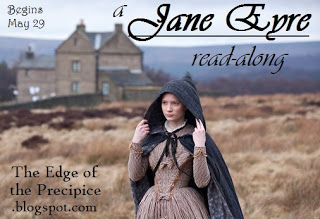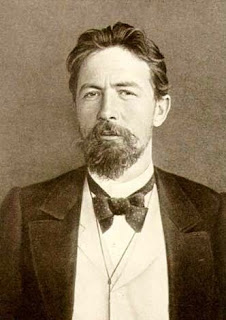Chapter XIV
At first Jane sees little of Rochester, except in passing, but learns not to be offended at his cool acknowledgements, as she is clever enough to realize these funks are independent of her. One day, he summons her and Adèle, and while the child opens her cadeaux with Mrs. Fairfax, Rochester and Jane begin a deep conversation. Rochester claims that he was once as good as Jane, but circumstance and fate worked together to corrupt his nature. Since fate has denied him goodness, he will do what he can to seize any happiness available to him. Concerned, Jane counsels repentance but her employer is only willing to concede that he might reform. Surprisingly, he shows tremendous insight into Jane’s character, and when Jane feels the hour late, Rochester wishes to continue the conversation. It is an important and illuminating first extended meeting between the two, where they connect on more than just a superficial basis.




